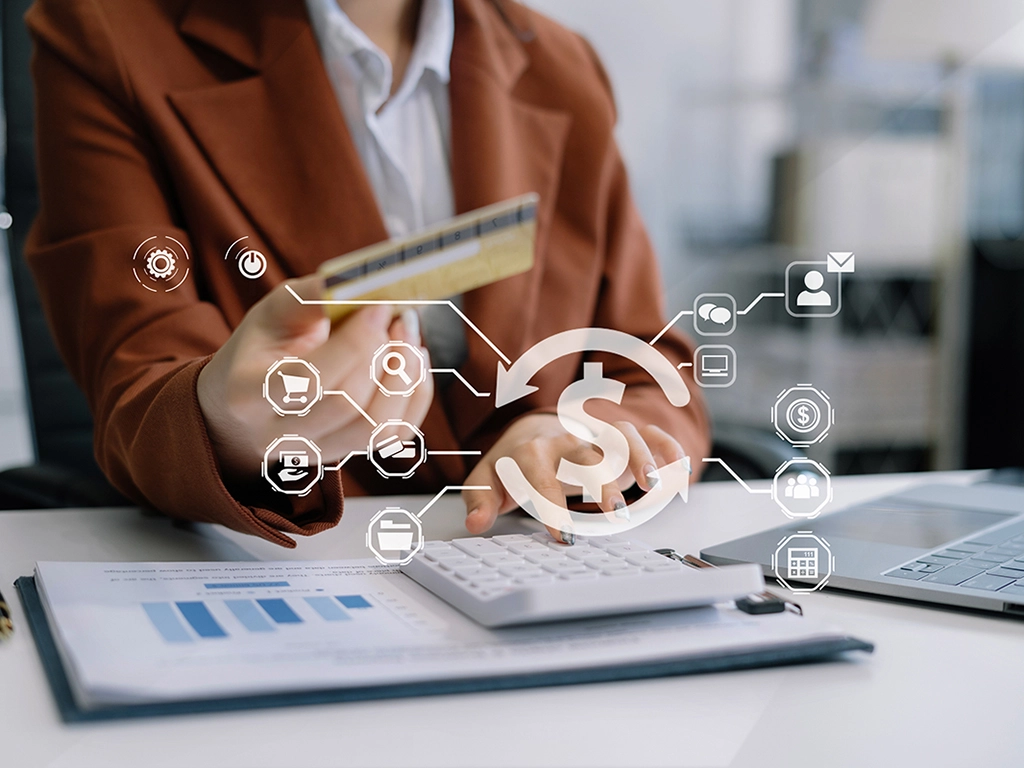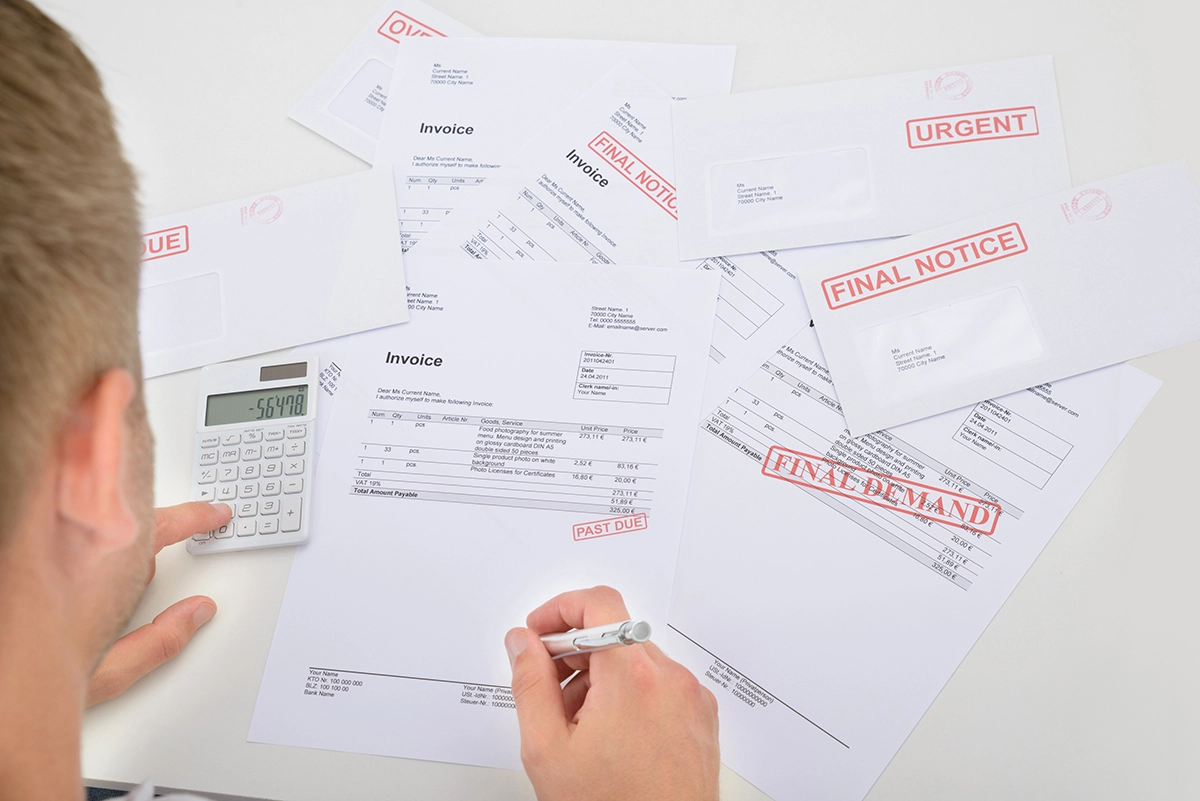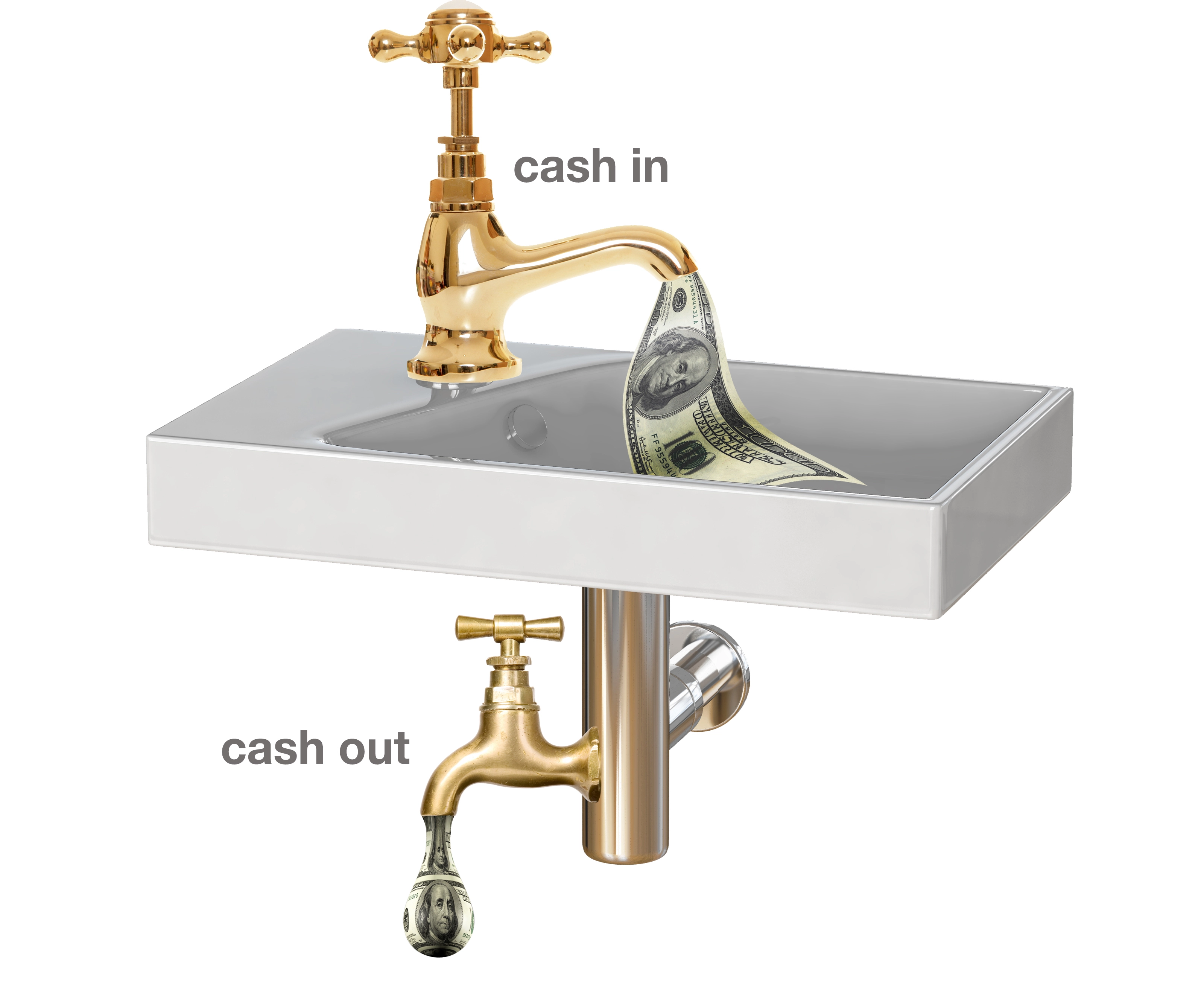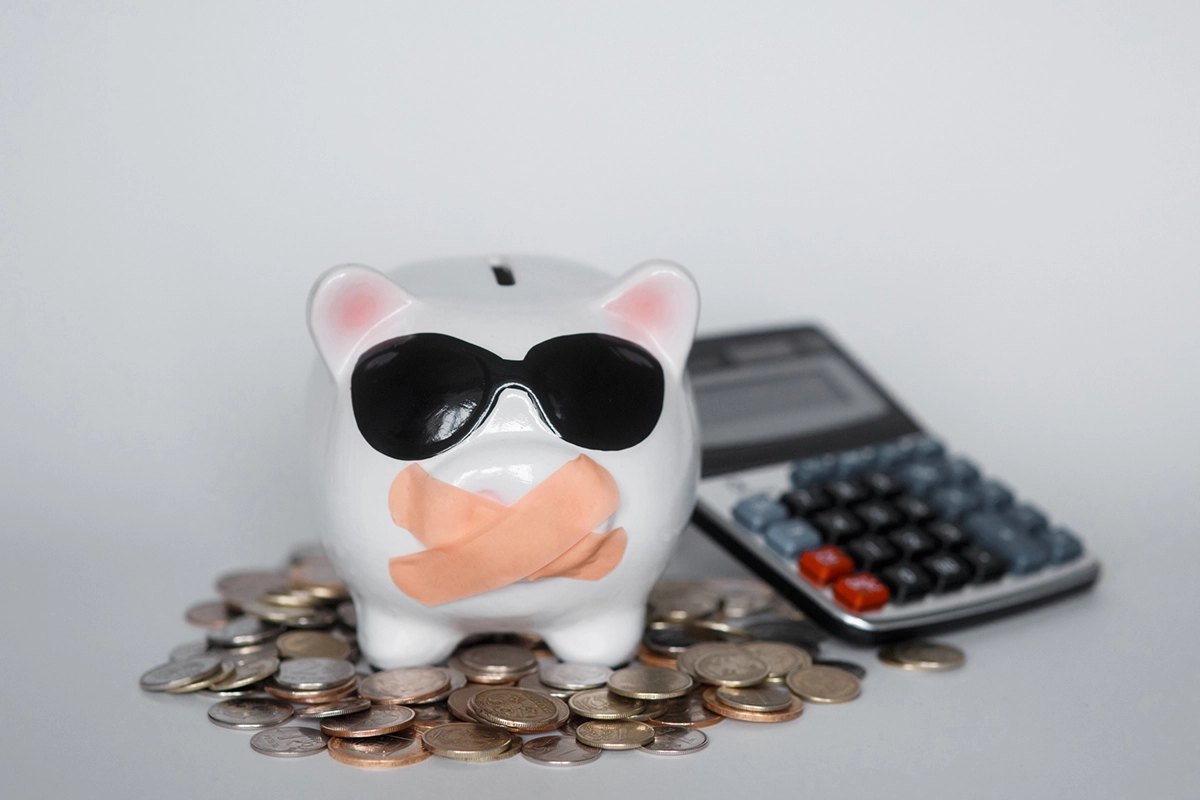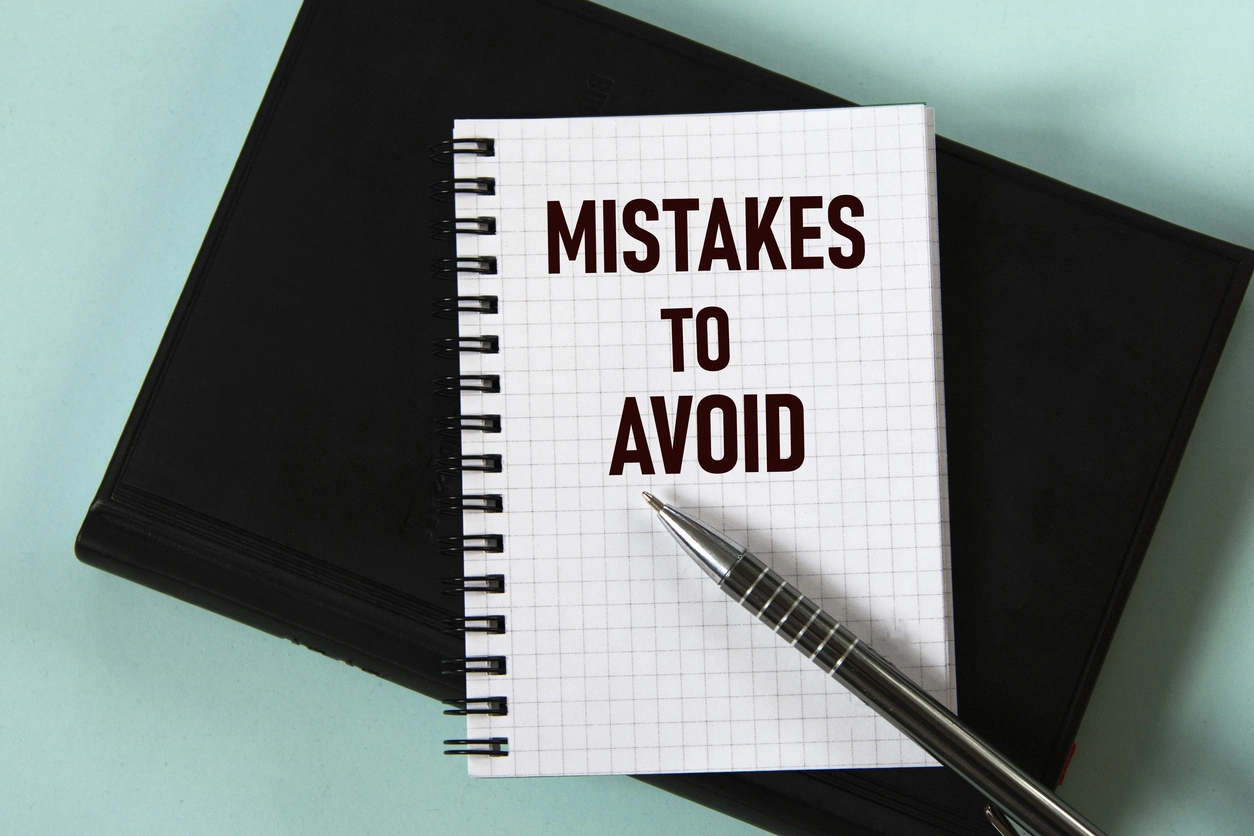What makes sense for your company?
The next time you need computer hardware and software, a copier, or vehicles you’re likely to ask yourself this question: “Should I lease or buy it?”
Some contractors have made the decision that they will have no debt. They buy all their assets for cash. Some contractors finance every asset purchase through a bank. Some look at cash flow, the use of the asset, and its usable life to make a business decision based on that analysis.
The real question is: “Where do I want to spend my cash?” If you know that for business operations you need to maintain a minimum balance of $100,000, why would you take 20% to 25% of that amount to buy a truck or computer hardware and software? That could put your cash in a dangerous situationif business suddenly dropped or a customer didn’t pay his bill on time. However, if you have excess cash and your policy is no debt, then you might purchase that asset. If you don’t have excess cash and your policy is no debt, then you might miss a great opportunity to purchase that asset at a bargain price.
Even if you have a great relationship with your banker and you finance everything through the bank, there are still potential limitations. Since the bank doesn’t own the asset, they may have restrictive covenants, which could impact your ability to do business. There may be a limit to your line of credit and total loans that you reach in slower times of the year. I’ve also known banks to require that a company earn a profit each year to maintain a line of credit. With that covenant, the bank could call in the line of credit the first time the company did not earn a profit. Imagine having a bad year and getting your line of credit pulled at the same time.
The major difference between a bank and a leasing company is that the leasing company owns the asset. You have use of the asset. If you’re smart, you’ll use the asset to generate revenue and cash. For example, if you have a truck lease payment of $500 per month, does that truck generate enough revenue and cash to pay for that lease? Assuming that your leased service truck generates a minimum of $150,000 per year, at a net operating profit of 1% the truck generates $1,500. Even with that miniscule net operating profit the lease still pays for itself.
Most companies I know don’t own their copiers. They have a lease that covers the use of the copier, maintenance, and repairs. Whenever the copier breaks down, they make a telephone call and someone comes to repair it. At the end of the useful life of the copier, they get another one. They don’t even think twice about it.
“One of the misconceptions is that leasing is difficult,” says Steve Usselmann, vice president of finance and administration for Enterprise Fleet Management. “Actually, leasing is an easy form of financing.” According to Usselmann, when you look at leasing from an overall economic perspective, a leasing option provides businesses with financing flexibility. “Why deplete cash resources on depreciating assets such as vehicles or copiers?” questions Usselmann. “Rather, a leasing option can preserve cash resources for investment opportunities.”
In addition, in the case of vehicles, leasing products are normally provided by fleet management companies who are experienced at controlling fleet vehicle costs. As such, when this cost containment expertise is included in a lease versus buy decision (as measured in cash flows), the leasing option is normally favorable, according to Usselmann. “In the end, your company can concentrate on your customers, revenue growth and cash flow; and not be burdened with vehicle issues.”
What if you are leasing your computer hardware and software? Will that lease improve productivity and efficiency to cover the lease payments? If your financials have been a mess and the new software allows you to have accurate financial statements or the software enables you to dispatch more effectively, then the software lease should pay for itself.
There is no one correct answer to lease versus buy. Since cash is the life blood of all businesses, look at leasing versus financing versus buying outright from a cash position. If you have excess cash you might make one decision. If your line of credit is used for business operations and an asset purchase might put you over your credit limit, you might make a different decision. A third decision might be when you want to maximize the use of the asset and your cash position. Then, you would lease the asset, ensure that you are generating enough revenues and cash from its use, and let a reputable leasing company deal with the asset management headaches.
Ruth King has over 25 years of experience in the hvacr industry and has worked with contractors, distributors, and manufacturers to help grow their companies and become more profitable. She is president of HVAC Channel TV and holds a Class II (unrestricted) contractors license in Georgia. Ruth has written two books: The Ugly Truth About Small Business and The Ugly Truth About Managing People. Contact Ruth at ruthking@hvacchannel.tv or 770.729.0258.

